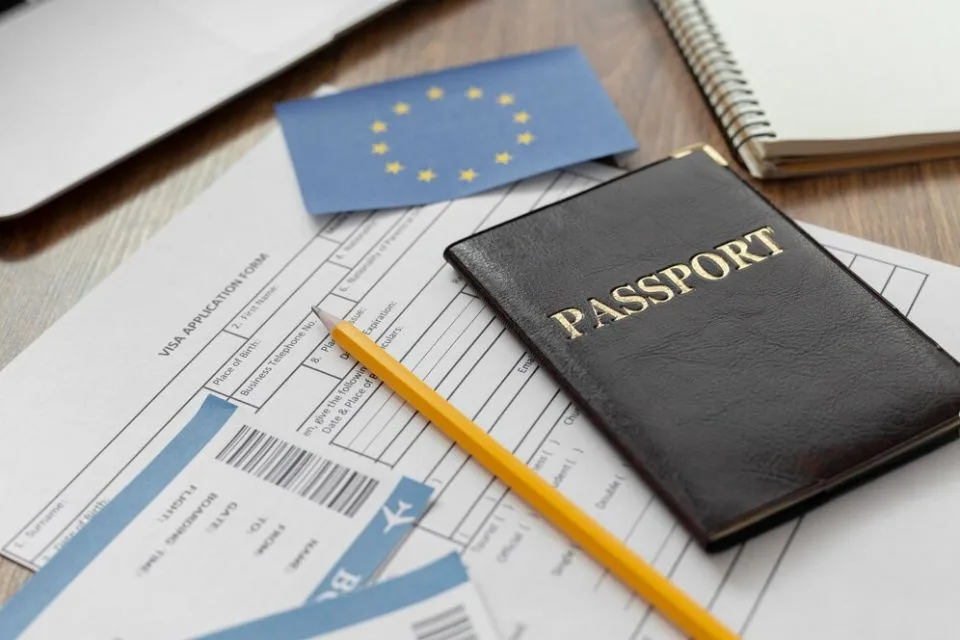Strengthening Visa Regulations
EU member states’ ambassadors have reached a significant agreement on a draft regulation aimed at enhancing visa regulations for travelers to the Schengen area. Let’s delve into the key points of this regulation and its implications.
Understanding the Draft Regulation
The draft regulation proposes new grounds for the EU to suspend visa-free travel for countries whose citizens are exempt from visa obligations when visiting the Schengen area.
Key Points of the Draft Regulation
1. New Grounds for Suspension
Under the proposed mechanism, the EU could suspend visa-free travel under the following circumstances:
- Misaligned Visa Rules: When a non-EU country’s visa rules diverge from those of the EU, potentially leading to increased migration to the EU.
- Investor Citizenship Schemes: Involving schemes where citizenship is granted without a genuine connection to the third country, in exchange for predetermined investments.
- Security Threats: When hybrid threats and deficiencies in document security legislation or procedures are identified.
2. Addressing Deteriorating Relations
The draft regulation also includes provisions for suspending visa-free travel from a specific country in cases of deteriorating relations, particularly concerning human rights and basic freedoms.
3. Existing Grounds for Suspension
Additionally, existing grounds for suspending visa-free travel remain in place, including substantial increases in refused entries, overstays, and unfounded asylum applications from countries with historically low recognition rates.
Background: Tightening Visa Regulations
Rationale Behind the Regulation
This draft regulation aims to tighten rules for visits to Europe, empowering the EU to address situations where visa-free travel is misused or conflicts with EU interests. It seeks to bolster the EU’s ability to manage migration and security concerns effectively.
Duration of Suspensions
Furthermore, the regulation proposes extending the duration of temporary suspensions of visa exemptions from nine to 12 months, with an extension period from 18 to 24 months.
Strengthening EU Powers
Enhanced Negotiation Authority
The agreement reached by EU ambassadors allows the Council to engage in negotiations with the European Parliament to finalize the regulation, once the Parliament establishes its position. This collaborative approach underscores the EU’s commitment to effective visa regulation.




